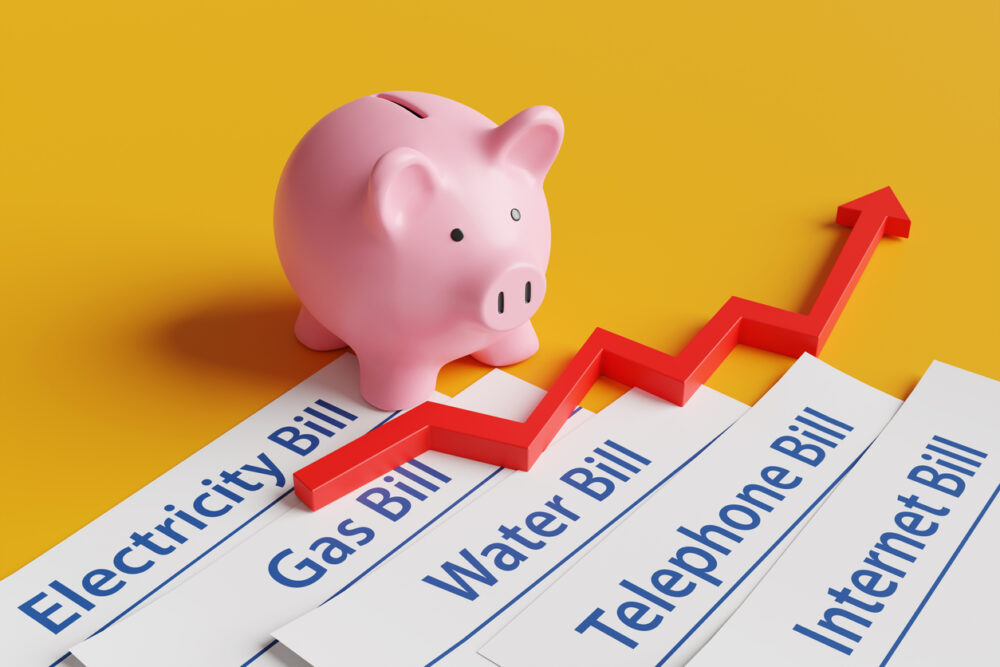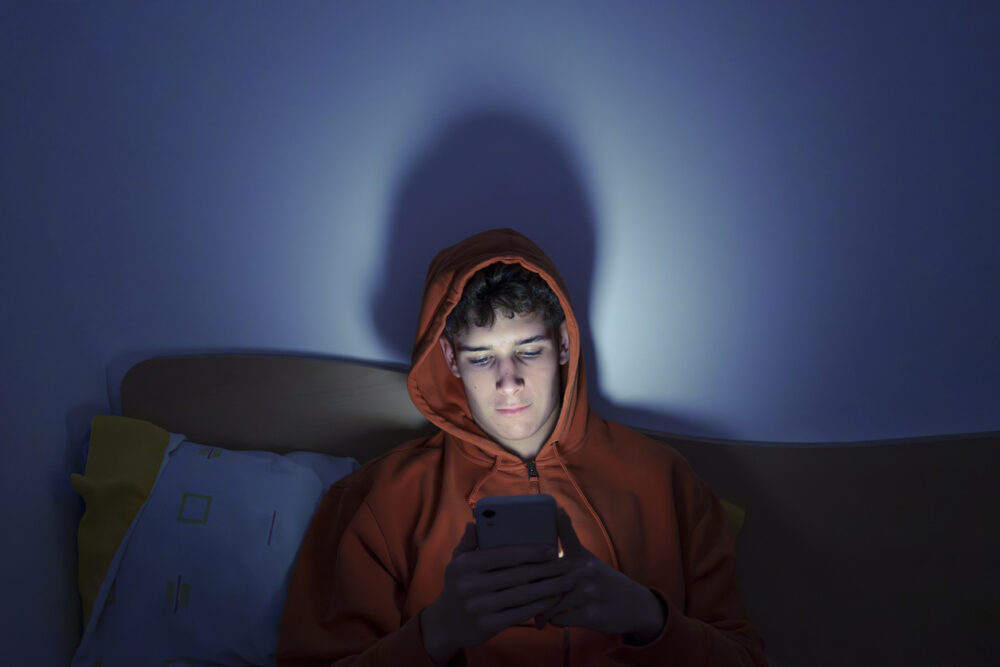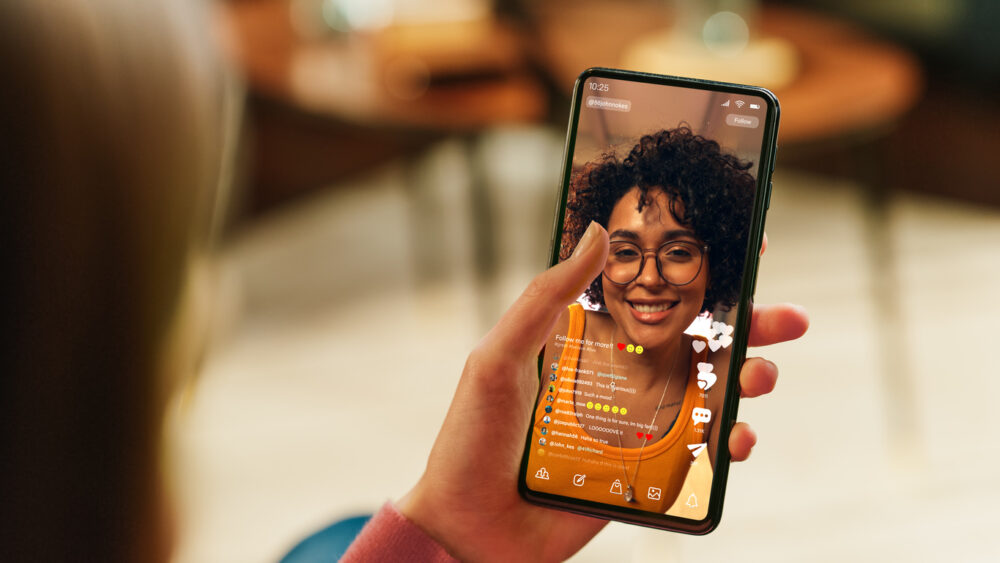Beneath the routines and group chats, something feels deeply off.

You’re still going to work, texting friends, reheating leftovers—but something under the surface hums with discomfort. It’s not just stress. Not just burnout. It’s a sense that things aren’t adding up. That what you’re told to care about doesn’t match what actually matters. That the future feels vague, or maybe too sharp. The world didn’t suddenly become apocalyptic overnight. But piece by piece, it stopped feeling like something you could rely on.
This dread doesn’t mean you’re broken—it means you’re noticing. Your nervous system, your instincts, even your emotions are responding to things your mind hasn’t fully named yet. You’re not alone in that low-frequency panic. So many people are quietly unraveling while pretending to keep it together. These 13 patterns help explain why—and why that feeling won’t just go away with another deep breath or productivity hack.
1. Everything feels temporary—even the things that shouldn’t.

Jobs aren’t stable. Housing isn’t guaranteed. Friendships fade faster. The milestones you were supposed to hit now come with fine print and expiration dates. It’s not just that things change—it’s that nothing feels like it lasts. And when permanence disappears, so does your sense of orientation.
You start asking questions that have no satisfying answers. Should you invest in a future that might not come? Should you care deeply about something you might lose next year? Lijun Li and others write in NCBI that persistent uncertainty about jobs, housing, and life direction can significantly harm young people’s sense of identity and psychological stability. It erodes your ability to feel grounded. Because even when things are good, they don’t feel secure. And when nothing feels secure, everything starts to feel pointless.
2. We don’t believe in the systems we’re still expected to serve.

You vote, but you’re not sure it counts. You go to work, but you don’t believe in the mission. You pay into systems—healthcare, housing, education—that feel rigged or broken. Flaviana Palmisano and Agnese Sacchi report in ScienceDirect that when people lose trust in institutions, it undermines their belief that civic participation can lead to meaningful change.
This isn’t about apathy—it’s about betrayal. It’s hard to feel hopeful when every institution seems to be melting from the inside. So you keep participating, half-heartedly, while your body registers the mismatch. That gap between what you’re doing and what you believe creates a kind of emotional static—one that builds into low-grade dread you carry even into your most mundane moments.
3. You were taught to chase a future that no longer exists.

For decades, the message was clear: work hard, get an education, follow the steps, and you’ll be okay. But that formula doesn’t compute anymore. The cost of living outpaces wages. Degrees don’t guarantee stability. Hard work gets you burnout, not security. The future you were preparing for doesn’t look like the one unfolding.
This gap creates a special kind of grief—one that’s hard to name because it’s tied to an imagined life you never got to live. Alberto Gallo points out in World Economic Forum that the original American Dream has eroded, replaced by a system that rewards wealth concentration rather than upward mobility. You’re told to keep striving while the goalposts keep moving. And somewhere deep inside, your psyche knows: something broke, and no one’s coming to fix it.
4. You’re surrounded by noise but starving for real connection.

You’re constantly pinged—group chats, DMs, comment sections, tagged memes—but how often do you feel deeply seen? This era of hyperconnectivity is paradoxically isolating. There’s plenty of communication, but not enough presence. Plenty of contact, but not enough care.
We’ve adapted to relationships that are fragmented and fast. But our nervous systems still crave slowness, intimacy, and real-time attunement. Without it, you can start to feel lonely even while being “liked.” That kind of loneliness doesn’t just hurt—it erodes your sense of meaning. Because if you’re not truly known, it’s easy to start questioning if you’re really here at all.
5. Everyone is performing stability while privately falling apart.

Scroll through your feed and it looks like everyone else has it together. They’re posting career wins, family pics, aesthetic meals. Meanwhile, you’re struggling to answer emails and wondering why joy feels muted. But behind the scenes, most people are just as unsteady—only quieter about it.
This collective illusion of “fine” is exhausting. It creates a pressure to act okay, even when you’re not. And that gap between your inner world and outer performance can stretch into dread. Because if no one’s being honest, then nothing feels real. And if nothing’s real, then how do you actually feel grounded? You don’t. You just perform, too.
6. Capitalism rewards you for abandoning yourself.

You get praised for productivity, not presence. For hustling, not healing. You’re encouraged to monetize your hobbies, optimize your routines, and constantly upgrade your life. Rest becomes indulgent. Stillness feels wrong. Even your joy is supposed to have a return on investment.
Over time, you lose track of what you actually want. You start making choices based on algorithms, not desire. And your nervous system burns out trying to keep up with an economic model that treats humans like machines. This isn’t just fatigue. It’s alienation. You’re not lazy—you’re exhausted from being treated like a resource instead of a person.
7. Your nervous system isn’t built for this much input.

The news cycle never stops. Your phone pings all day. Ads chase you across apps. Every quiet moment gets filled with noise—scrolling, updates, alerts. And while your brain tries to keep up, your body starts to fray. Rest becomes restless. Focus becomes slippery. Stillness starts to feel almost unsafe.
We weren’t made to process this much, this fast, this constantly. Your nervous system isn’t malfunctioning—it’s overwhelmed. And that overwhelm doesn’t always look like panic. Sometimes it just feels like emptiness, irritability, or constant background dread. You don’t need more willpower. You need less sensory assault. But stepping away from it all feels nearly impossible when overstimulation is the cultural default.
8. Climate collapse is always in the background—even when no one’s talking about it.

You might not be reading climate headlines every day, but the knowledge is still there, humming under the surface. The weather’s weird. The sky looks wrong. Disasters are constant. And even if you’re not actively panicking, your body remembers what the world is supposed to feel like—and senses that something’s off.
It’s not always fear—it’s disorientation. Mourning a future that’s slipping away. Wondering if the small choices you make even matter. Climate dread doesn’t need to be loud to be real. It shows up in a kind of existential ache: Why plant roots in unstable soil? Why plan when everything feels so fragile? You don’t need to be a climate scientist to feel the weight of what’s changing.
9. You’ve stopped believing progress means anything.

“Better” was supposed to mean something—better jobs, better tech, better lives. But now progress feels hollow. Every “innovation” seems to benefit the same handful of people. Every update feels like a glitch. Growth gets measured in profits, not well-being. And when that’s the standard, even success feels empty.
It’s hard to feel hopeful in a world where progress has no soul. Where advancement means acceleration, not care. You start to wonder if things improving on paper actually improve your life at all. And that doubt quietly corrodes your ability to imagine a future that feels good, not just “efficient.”
10. You were raised on borrowed narratives—and now they don’t fit.

Maybe you were told to find the one, settle down, get a house, follow the rules. Or maybe you were told to be special, follow your passion, make a difference. Either way, those stories came with expectations that don’t align with the world you’re living in now. The blueprint doesn’t fit the terrain.
So you feel like you’re failing—when really, you were handed a script for a different world. And no one ever gave you the tools to write a new one. That dissonance can lead to guilt, confusion, and quiet dread. Because if you don’t know what story you’re in anymore, how do you know where you’re going?
11. Digital life made everything visible—and nothing intimate.

We can see each other’s lives like never before. But that visibility doesn’t equal connection. You might know someone’s vacation spot, favorite meme, and go-to coffee order—but not how they’re actually doing. The illusion of closeness replaces the real thing. And when you need depth, you’re stuck with fragments.
This disconnect isn’t just social—it’s spiritual. It creates a hunger for something more real, more tactile, more alive. But chasing that in a world addicted to optics is exhausting. You start to feel like you’re watching your life through a screen, even when you’re living it. And that numbness feeds the dread.
12. You feel the pressure to care—but you’re out of bandwidth.

There’s always something else demanding your emotional attention. Another protest. Another petition. Another horrifying headline. And you do care—deeply. But your capacity hasn’t kept pace with the world’s urgency. You weren’t designed to process global catastrophe, political chaos, and personal stress all at once. So you either push through the overwhelm or shut down completely.
That swinging between hyper-awareness and numbness isn’t a failure of character. It’s your body trying to protect you. Compassion fatigue isn’t just something healthcare workers experience—it’s everywhere now. Caring starts to feel like another source of pressure instead of a way to feel connected. It’s not that you don’t want to engage. It’s that you’ve been asked to feel everything without enough space—or support—to process any of it.
13. There’s no clear exit—but pretending nothing’s wrong doesn’t work anymore.

You can’t meditate this away. You can’t “manifest” your way out of it. You’ve tried optimism, irony, distraction, detachment—and still, the dread hums beneath it all. Because what you’re feeling isn’t a personal flaw. It’s a collective alarm bell.
The existential dread isn’t irrational. It’s your body trying to make sense of a culture that’s lost the plot. You’re not overreacting. You’re reacting to something that’s deeply real, even if no one has named it clearly. And while there may not be an easy answer or escape, acknowledging the truth of what you feel might be the most grounded step you can take.
